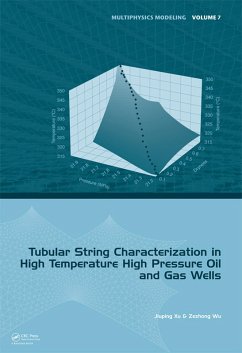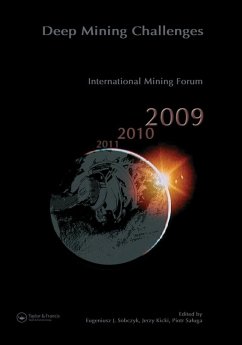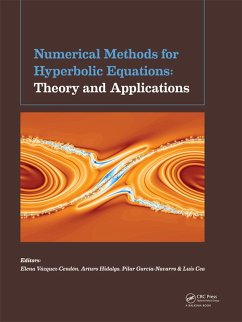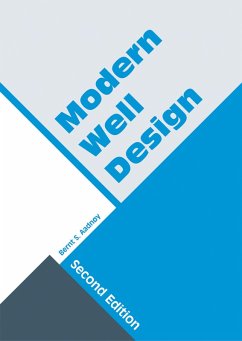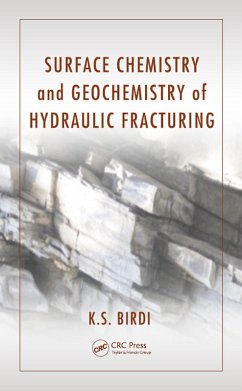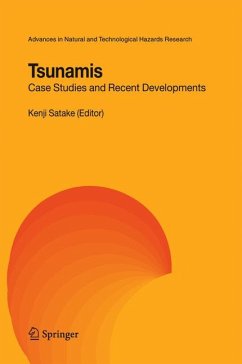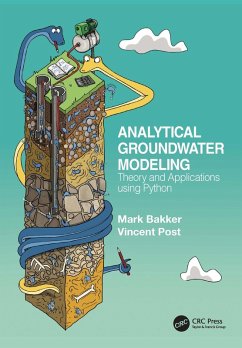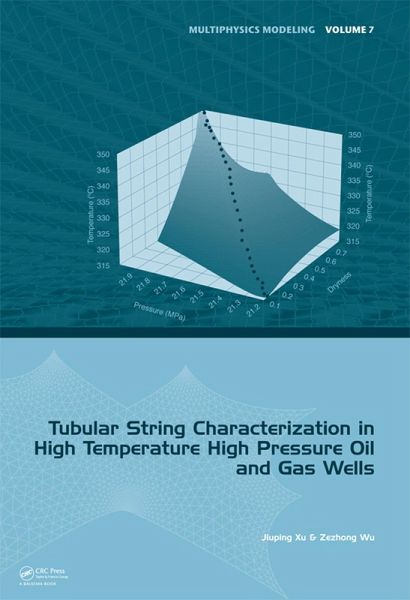
Tubular String Characterization in High Temperature High Pressure Oil and Gas Wells (eBook, PDF)
Versandkostenfrei!
Sofort per Download lieferbar
90,95 €
inkl. MwSt.
Weitere Ausgaben:

PAYBACK Punkte
45 °P sammeln!
High temperature, high oil pressure, oil and gas well completion testing have always been a technical challenge and basic theoretical research is one of the key factors needed to ensure a successful completion test. The completion test basic theory includes: a stress analysis of the completion string, completion string buckling behavior, and temperature and pressure distribution prediction. The completion string is the main bearing and power transmission component for oil and gas well operations and production, and it is required to take on a combination of loads, which result in completion st...
High temperature, high oil pressure, oil and gas well completion testing have always been a technical challenge and basic theoretical research is one of the key factors needed to ensure a successful completion test. The completion test basic theory includes: a stress analysis of the completion string, completion string buckling behavior, and temperature and pressure distribution prediction. The completion string is the main bearing and power transmission component for oil and gas well operations and production, and it is required to take on a combination of loads, which result in completion string deformation. Because of these complex relationships, completion string stress analysis has become increasingly more complicated.
This book discusses the characters of tubular strings in HTHP (High Temperature - High Pressure) oil and gas wells. These characters include the mechanical behavior of tubular strings and the temperature and pressure variation of tubular strings in different conditions. Mathematical models are established for different conditions and solution existence and uniqueness of some models is discussed, providing algorithms corresponding to the different models. Numerical experiments are presented to verify the validity of models and the feasibility of algorithms, and the impact of the parameters of models for oil and gas wells is also discussed.
This book is written for production and testing engineers to provide them with the tools to deal more effectively with the numerical decisions they have to take and for researchers and technicians in petroleum and gas testing and production engineering. Finally, it is also intended to serve as a reference book for mathematicians, college teachers and students.
This book discusses the characters of tubular strings in HTHP (High Temperature - High Pressure) oil and gas wells. These characters include the mechanical behavior of tubular strings and the temperature and pressure variation of tubular strings in different conditions. Mathematical models are established for different conditions and solution existence and uniqueness of some models is discussed, providing algorithms corresponding to the different models. Numerical experiments are presented to verify the validity of models and the feasibility of algorithms, and the impact of the parameters of models for oil and gas wells is also discussed.
This book is written for production and testing engineers to provide them with the tools to deal more effectively with the numerical decisions they have to take and for researchers and technicians in petroleum and gas testing and production engineering. Finally, it is also intended to serve as a reference book for mathematicians, college teachers and students.
Dieser Download kann aus rechtlichen Gründen nur mit Rechnungsadresse in A, B, BG, CY, CZ, D, DK, EW, E, FIN, F, GR, HR, H, IRL, I, LT, L, LR, M, NL, PL, P, R, S, SLO, SK ausgeliefert werden.




